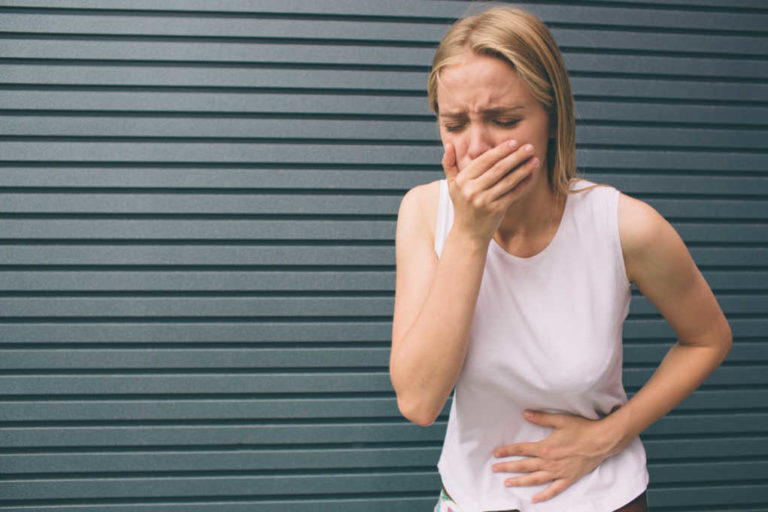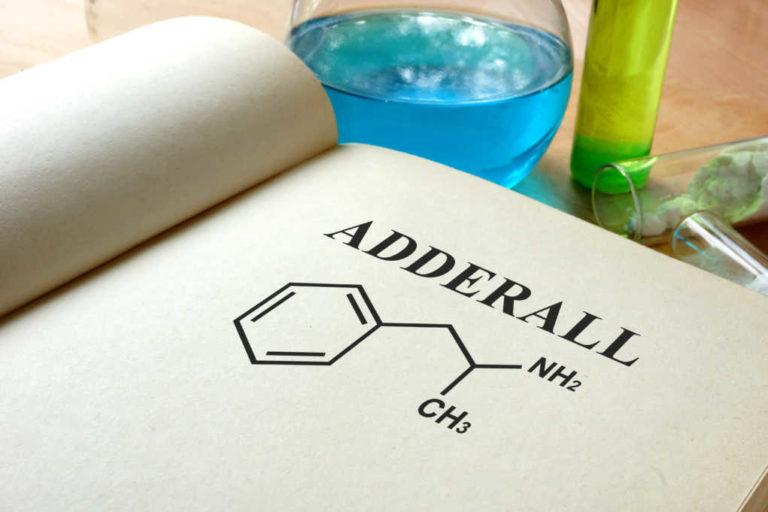48 million Americans are affected by foodborne illness each year. Most cases do not lead to hospitalization and cases that can be life-threatening are rare.
Food can be contaminated by pathogens at any stage, from the farm to the table, and this is often done without the consumer noticing any changes in the taste or appearance of the food.
High heat kills bacteria but not always. Sometimes food isn’t cooked long enough to kill the germs and prevent illness. Uncooked foods, such as salads and fruit that has not been properly washed, can also contain them.
Symptoms
Each toxin is different. Some symptoms can appear within an hour of eating, while others may take days or even weeks to manifest.
Toxins can also cause slightly different symptoms.
The most common food poisoning germs include:
- Norovirus: 12 to 48 hours – nausea and vomiting, non-bloody watery diarrhea.
- Salmonella: 1-3 days – fever, abdominal cramps, diarrhea, vomiting, headache
- Clostridium Perfringens: 2 to 36 hours – abdominal pain, diarrhea and putrefactive diarrhea. Sometimes nausea and vomiting.
- Campylobacter: 1-10 days – diarrhea (often bloody), abdominal pain, nausea, vomiting, malaise, fever
- Staphylococcus Aureus: 1-7 Hours – nausea and vomiting, retching diarrhea, abdominal pain.
How to Treat Food Poisoning
The majority of cases of food poisoning don’t require medical intervention.
If you experience severe symptoms, such as:
- Bloody diarrhea
- High fever (102degF and above)
- You can’t drink liquids if you vomit frequently
- Dehydration signs (little or no urine, parched throat and mouth, or feeling dizzy standing up)
- Diarrhea lasting more than 3 days
You can treat diarrhea and nausea with over-the-counter drugs like Pepto-Bismol. This may, however, prolong the healing process. Your body will expel toxins through vomiting and diarrhea.
A doctor may prescribe IV fluids or antibacterial medications in some cases. This is especially true for patients at higher risk, such as older, immunocompromised and pregnant women.
Food poisoning is often complicated by dehydration. Water, sports drinks or clear broths are clear liquids that you can drink in small amounts. Avoid caffeinated drinks, sugary drinks and alcohol, which can irritate the stomach and cause dehydration.
Preventing Food Poisoning
To prevent foodborne illnesses, it is important to use safe cooking and food handling techniques .
Use a food thermometer to measure the internal temperature of your food.
Before preparing food, using the bathroom, or handling raw meat, wash your hands thoroughly.
Wash all fruits and vegetables thoroughly.
Keep raw meat, poultry and seafood separate from other foods to avoid cross-contamination. Separate cutting boards and knives should be used for raw meat, poultry and seafood. Wash them thoroughly after each use with soap and warm water.
If you are sick, do not prepare or handle food for other people.







